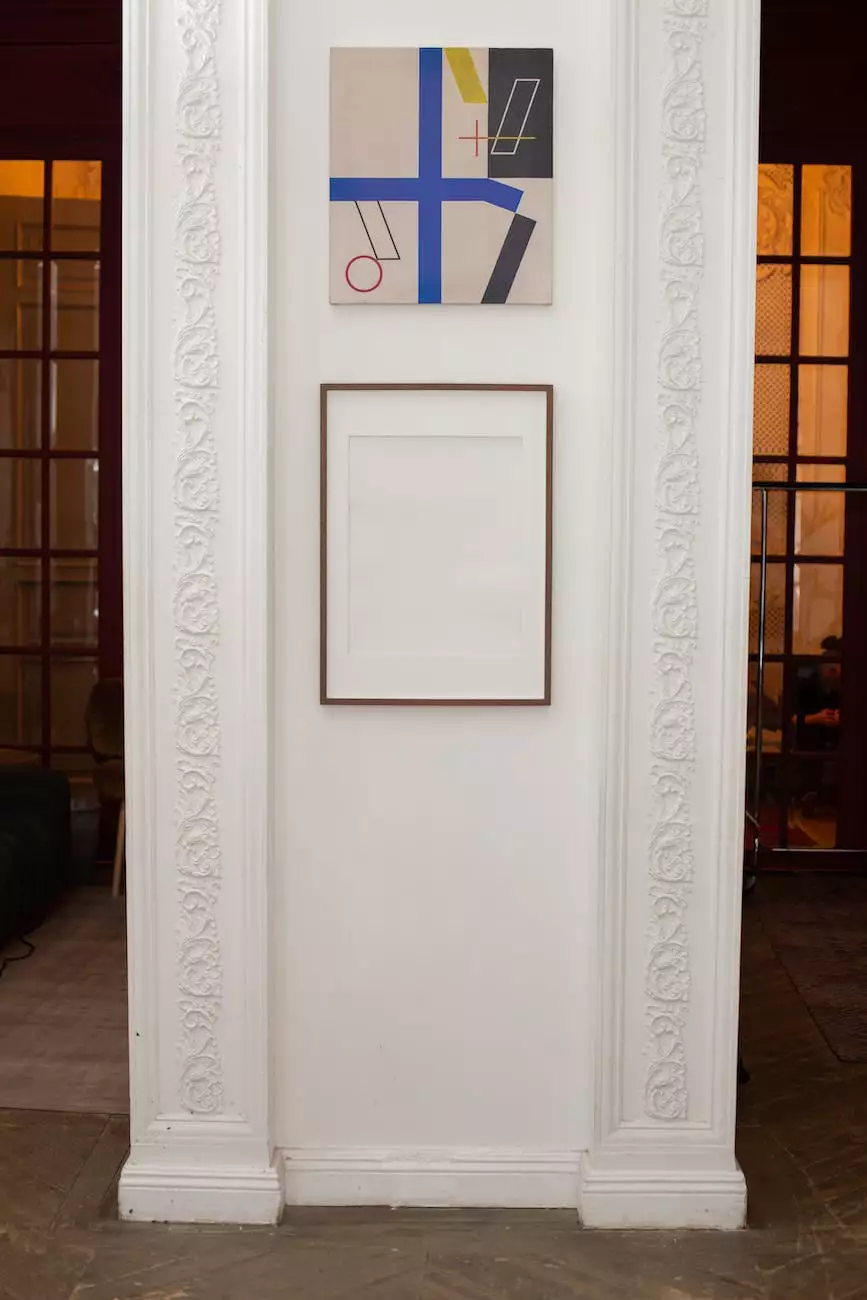Drupal Vs. WordPress: A Detailed Comparison
Blog
Introduction
Welcome to Genevish Graphics, your go-to platform for Arts & Entertainment in the field of Visual Arts and Design. In this article, we will dive deep into a comprehensive comparison of two popular Content Management Systems (CMS): Drupal and WordPress.
Overview
Both Drupal and WordPress are powerful CMS platforms that offer unique features and functionalities to website owners, developers, and designers. When it comes to choosing the right CMS for your website, it's crucial to understand the differences between the two and how they align with your specific needs and requirements.
Installation and Setup
Setting up a website using Drupal or WordPress is a straightforward process. Drupal requires a bit more technical expertise during the installation and configuration process, making it a preferred choice for developers with advanced knowledge. On the other hand, WordPress provides a user-friendly interface that allows even beginners to set up a website with ease.
Customization and Flexibility
When it comes to customization and flexibility, both Drupal and WordPress offer a wide range of options. Drupal excels in providing a highly modular and scalable framework, allowing developers to create complex websites with advanced functionality. WordPress, on the other hand, is known for its extensive library of themes and plugins, making it easier for users to customize the appearance and functionality of their websites without extensive coding knowledge.
Themes and Templates
Drupal offers a range of professionally designed themes, catering to various industries and design preferences. However, the number of available themes is comparatively limited compared to WordPress. WordPress boasts a vast collection of free and premium themes, allowing users to choose from a plethora of visually appealing designs.
Plugins and Extensions
Drupal provides a wide range of modules that expand its functionality. These modules can be downloaded and installed to add specific features to your website. While Drupal's module library is smaller compared to WordPress' plugin directory, it offers powerful options for enhancing website functionality. WordPress, on the other hand, boasts an extensive ecosystem of plugins, providing users with countless options to extend their website's functionality.
Content Management
Managing content is vital for any website owner. Both Drupal and WordPress excel in this aspect, offering intuitive interfaces for creating and organizing content.
Content Creation and Editing
Drupal provides a flexible content creation system, allowing users to define custom content types and fields. This feature is particularly useful for websites with complex content structures, such as online magazines or e-commerce platforms. WordPress also offers easy content creation and editing capabilities, making it the preferred choice for bloggers, small businesses, and individuals looking for a user-friendly CMS.
SEO-Friendliness
Both Drupal and WordPress come with built-in SEO features. Drupal offers excellent SEO capabilities out of the box, with granular control over URL aliases, meta tags, and XML sitemap generation. WordPress, with the help of popular SEO plugins like Yoast SEO or All in One SEO Pack, provides an intuitive interface for managing SEO metadata and optimizing content for search engines.
Security and Maintenance
Website security is crucial for any online presence. Drupal and WordPress place a strong emphasis on security, ensuring regular updates and patches to address vulnerabilities. However, as Drupal is a more complex CMS with a smaller user base, it typically requires a higher level of expertise to maintain and secure compared to WordPress.
Scalability and Performance
Scalability is a key consideration for websites that anticipate significant growth and increased traffic over time. Drupal is renowned for its ability to handle complex and high-traffic websites, making it an ideal choice for large enterprises and organizations. WordPress, while well-suited for small to medium-sized websites, may require additional optimization to handle heavy loads.
Community and Support
A strong community and reliable support are essential for a CMS's success. In this aspect, WordPress has a clear advantage with its massive user base, extensive documentation, and active community forums. Drupal also benefits from a dedicated community of developers and contributors, providing support through official forums and documentation.
Conclusion
In conclusion, both Drupal and WordPress are powerful CMS platforms, each catering to different needs and requirements. Drupal offers unparalleled flexibility, scalability, and customization options, making it an excellent choice for large-scale websites and developers with advanced technical knowledge. WordPress, on the other hand, provides a user-friendly interface, extensive plugin library, and a vast community, making it ideal for bloggers, small businesses, and individuals looking for an intuitive CMS experience.
At Genevish Graphics, we understand the importance of selecting the right CMS for your website. Whether you are looking for advanced functionality or a user-friendly interface, our team of experts can assist you in making an informed decision. Contact us today to discuss your specific needs and get started with your website development journey.




